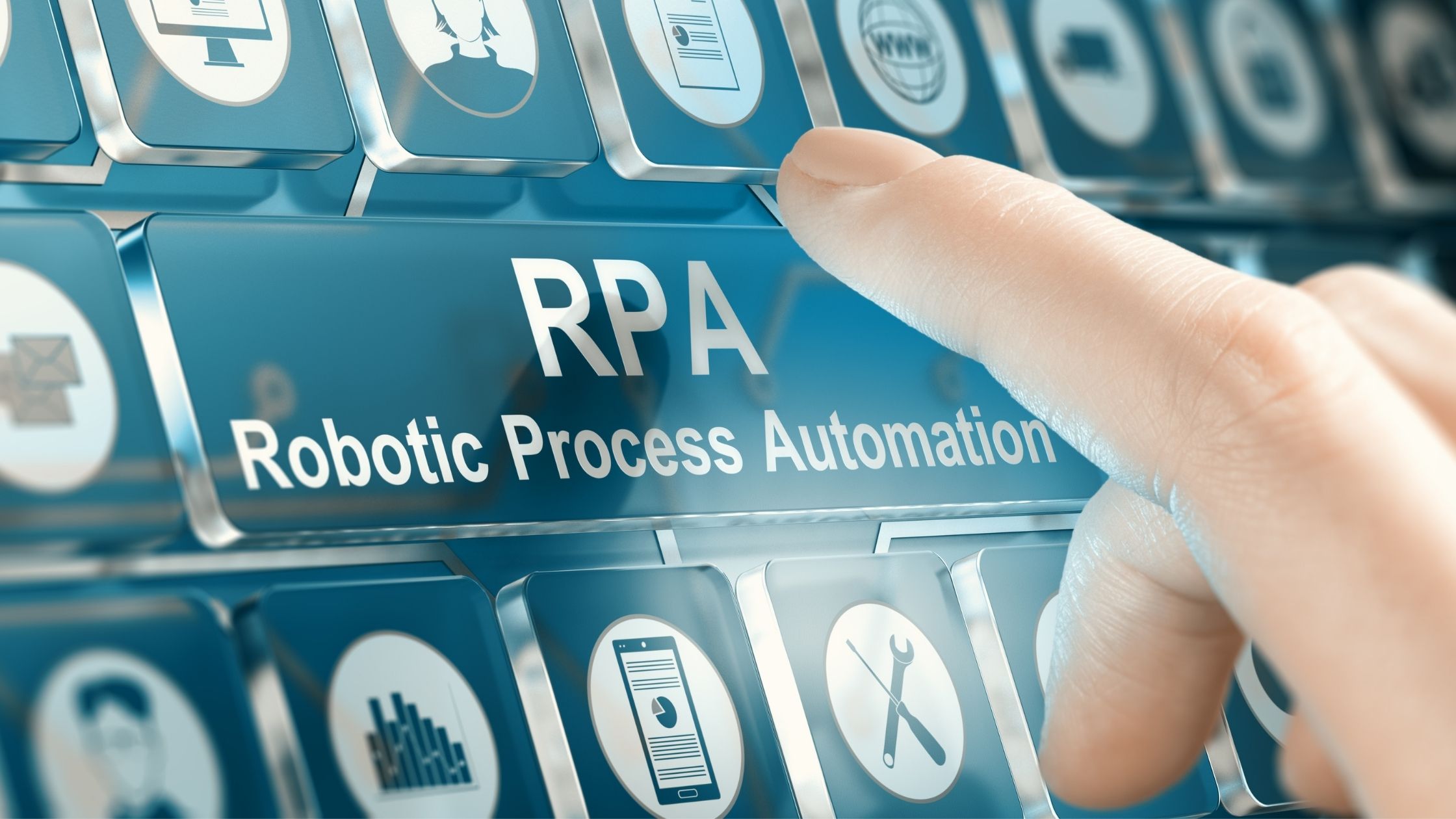Why has RPA Gained Enormous Importance?
Robotics Process Automation is the most cost-effective and efficient method of automating modern office operations. In this blog, we discuss how to choose the right RPA tool for your business.
Let us explain why in greater detail –
Employees today use a greater variety of tools than in the past. All of those tools and their interactions cannot be automated with simple macros.
Nowadays, there is an app for everything. CRM, ERP, productivity, and other apps that are hosted in the cloud and integrated via APIs power today’s enterprises.
You may be wondering why do we need to create these specialized robots? The issue is with business processes. Business processes necessitate the use of various tools, and we have been using an increasing number of tools with each passing year.
How does RPA Help?
RPA tools can now automate processes in any enterprise setting, including remote desktops, thanks to advances in computer vision and integrations with common enterprise tools. Because of advances in computer vision, RPA programs can now work with any type of enterprise software, ushering in the democratization of automation.
RPA can also be viewed as a digital backbone that connects all applications. Having a digital spine to connect all applications is more valuable today than it was previously because we now have a greater number of applications. Moreover, virtual desktops in which the end-user only has access to images from applications posed a challenge for automation. While on the other hand, you can see that leading RPA solutions can easily be implemented with virtual desktop solutions. This can be achieved through computer vision and various integrations.
Future of RPA in Business Processes
There are three main issues of RPA that all leading solution providers are working to address. The solutions are primarily focused on the cost-heavy features of RPA implementation. For instance, the design, development, and maintenance of RPA tools. These are the solutions:
Number one is no-code RPA – No coding required RPA firms use less expensive resources and reduce RPA development time. Self-learning RPA -Using system logs and videos of users working on the process, RPA automates process modeling.
And finally, we have Cognitive RPA – Adding advanced functionality to RPA, such as image processing and natural language processing.
How to Select the Appropriate RPA Tool?
There are two major types of RPA tools that cover various types of RPA automation-
RPA tools that can be programmed: These are the most commonly used RPA tools. Programmers must understand the process and create a set of rules that govern how the RPA bot will operate. Most of the time, these tools are required for complex unattended automation tasks.
No-Code RPA tools: The process of deploying no-code RPA tools needs to be analyzed more deeply rather than simply programming it. But the end-user is heavily dependent on macro recording and visual UI to mount automation. This appears to be preferable to programmable solutions, and we anticipate that these tools will gain wider acceptance in attended automation.
RPA Solutions
There is growing interest in self-learning solutions. These tools monitor hours of employee activity using historical and current data to understand the tasks completed and to begin completing them once they have gained enough confidence to complete the process.
These solutions are very appealing because they can significantly reduce the time for automation, and while some vendors claim to have such solutions, we are yet to hear validation that these tools actually work from RPA customers. All of these tools can also be enhanced with cognitive/intelligent automation capabilities. These solutions (also known as intelligent or smart automation) deal with both structured and unstructured data by utilizing the most recent AI and machine learning technologies.
Apart from self-learning solutions that aren’t yet ready for enterprise use, it’s clear that no code tools combined with cognitive/intelligent automation solutions are the most appealing. However, we have seen cases where RPA resellers recommended programmable bots over no-code RPA tools.

Leave a Reply